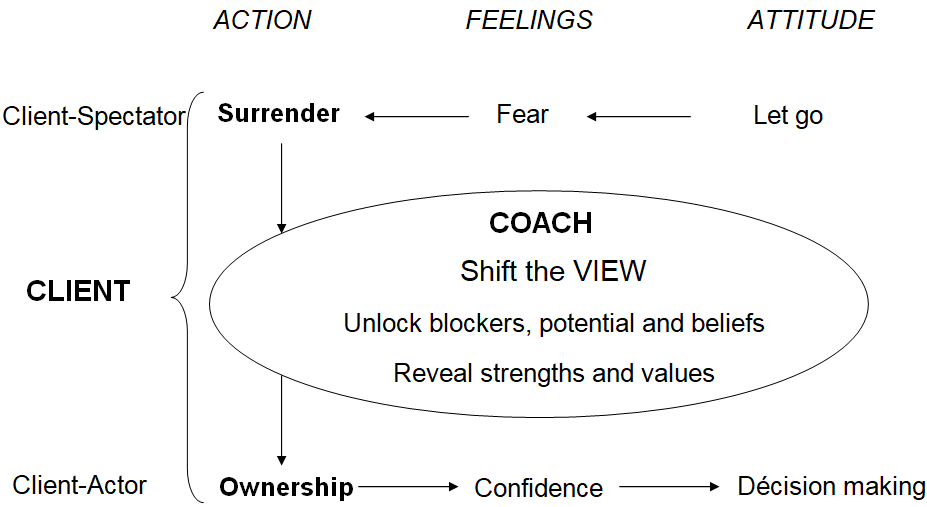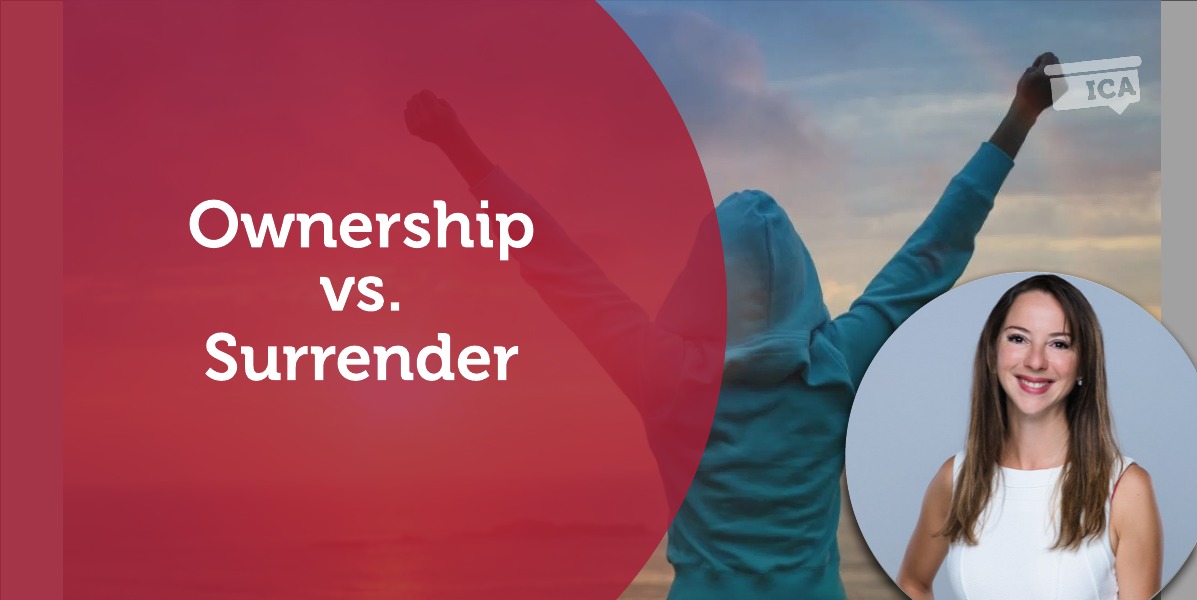A Coaching Power Tool Created by Sahra Benseghir
(Career Coach, SWITZERLAND)
If you want to live a good life, live it on your terms and in your own eyes. Michelle C Kuei
The story behind the tool
During my career in organizational and HR psychology (or my previous professional life), I have dealt with an increasing number of cases where I was contacted by employees because they felt they had to make a decision but did not know what or how. What was quite surprising was that my job was in recruitment and not in HR development, but for some reason, I was asked for advice on their career direction. In general, they were asking me for advice on applying for jobs inside or outside the company. What always came out during briefings was the disengagement from their current jobs, resulting from the feeling that they were not fulfilled despite doing their best. Often, this uneasiness was because they were convinced that to be happy, they had to follow the path they were promised or advised to follow. It became obvious to them that to be happy at work, they had to do what they were told, even if it went against their values, or asked them to lower their level of expertise. Consequently, they were at a point where they were frustrated that they were no longer learning, but also felt that they were regressing in their jobs. But as a matter of fact and in the collective professional unconscious, everyone should develop in their skills and expertise with the time and not the other way around, shouldn’t it?
The targeted niche
So why do these people let things happen rather than take ownership of their professional careers? Why do they give up their ownership? The first answer is fear. Fear due to underlying beliefs, blocking thoughts, or negative and degrading (or even traumatic) experiences that make them feel anxious and prevent them from taking action because it would mean getting them out of their comfort zones and taking risks. Risks of losing their jobs, being discredited, etc…
They decide to let things happen so as not to risk losing. However, this comfort zone remains a decoy in this context because the truth is this: if they were asking me for help, it is because they were not happy. They had lost that fire, that motivation that made them get up every morning. And the sad thing is that they often think it is okay to be unmotivated.
Most of these people feel that they don’t decide their fates or their careers, as if all the rest around them was choosing for them. They end up attributing everything that happens to external causes and no longer take responsibility, which leads to a laissez-faire attitude or an attitude of surrender and worse, an attitude of blaming. Blaming others, blaming the elements… because these people think and feel that they have not to influence at all on what happens to them.
They have become spectators of their careers, and no longer actors.
However, whether that is true or not is not the point. The question is what responsibility do we or do we not want to attribute to external causes? How can we stay confident at work if we don’t feel owning our career and being there by choice? First of all, there is a difference between ownership and the need for control, and it is essential to distinguish these two concepts: because ownership is the ability to take responsibility for thoughts, actions, or whatever else that belongs to us. On the other side, the need for control includes wanting to control and take responsibility for thoughts, actions, or other external elements that are independent of us and for which we are not responsible.
First of all, it is important that the clients, throughout their history, realize and accept that at every moment of their lives, they have always had the choice.
This power tool is called ownership VS surrender because taking back ownership of one’s career starts with an awareness that opens the door to positive energy, a powerful feeling of taking back ownership of one’s life and actions.
May your choices reflect your hopes, not your fears. Nelson Mandela

